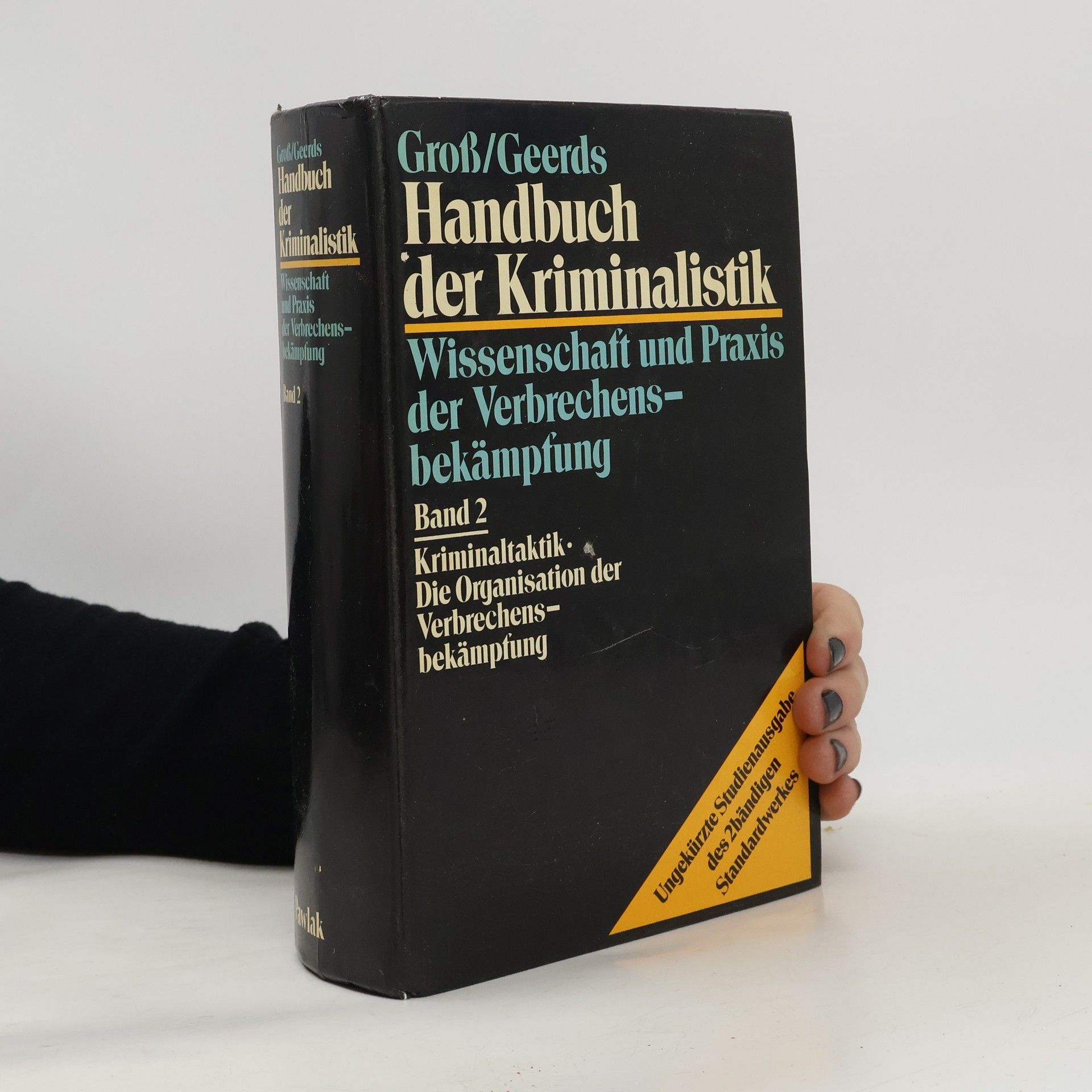Als Kriegsberichter im Einsatz
- 250 pages
- 9 hours of reading
Hans Gross was an Austrian jurist and magistrate widely regarded as the founder of criminalistics. His seminal 1893 handbook, "Handbuch fur Untersuchungsrichter, Polizeibeamte, Gendarmen, u.s.w.", marked the advent of applying scientific methods to crime investigation. Gross masterfully synthesized disparate fields of knowledge, adapting them for practical use in combating crime, notably incorporating techniques like crime scene photography. His work fundamentally transformed the systematic approach to law enforcement and forensic science.





Wissenschaft Und Praxis Der Verbrechensbekämpfung